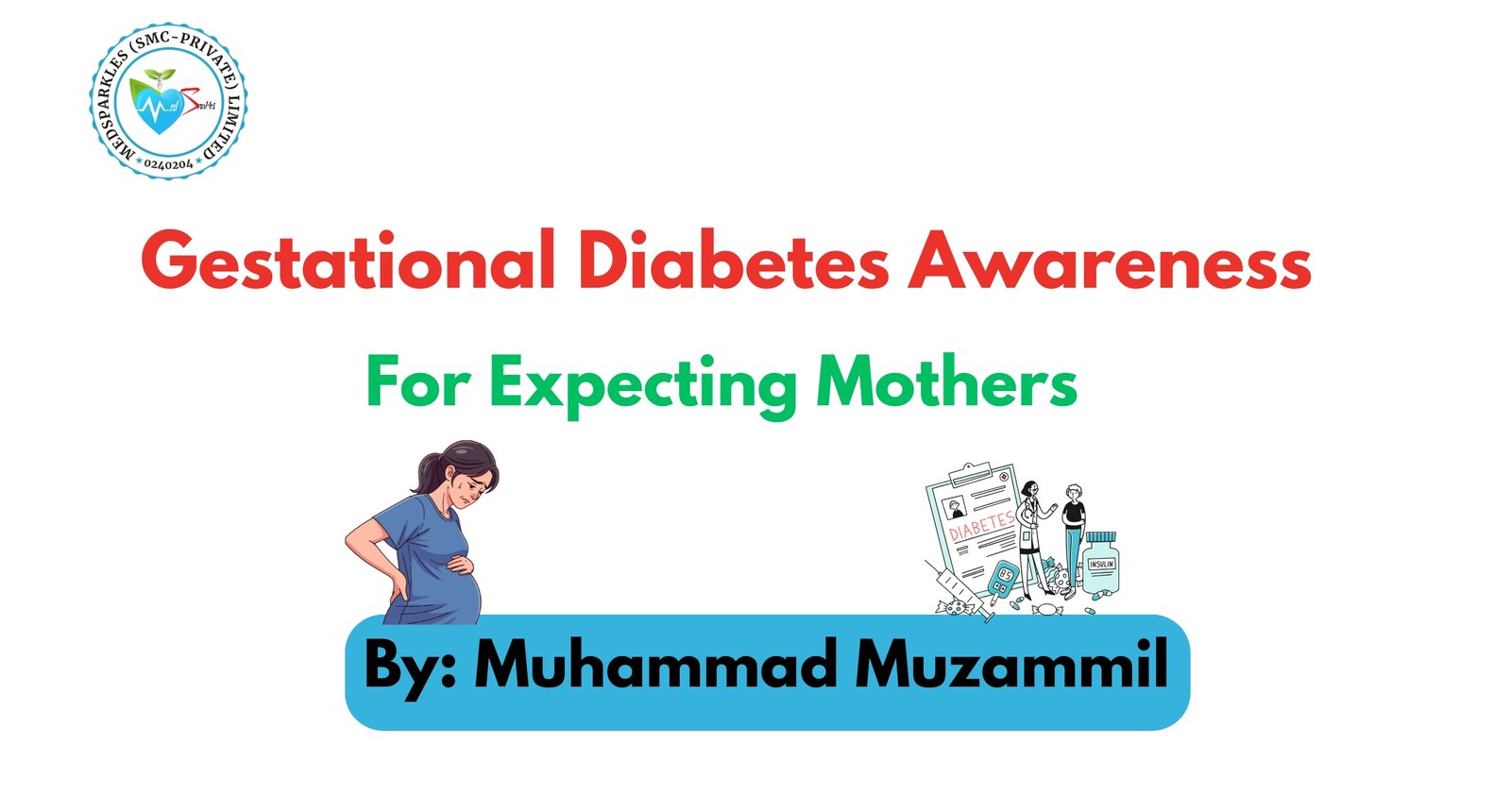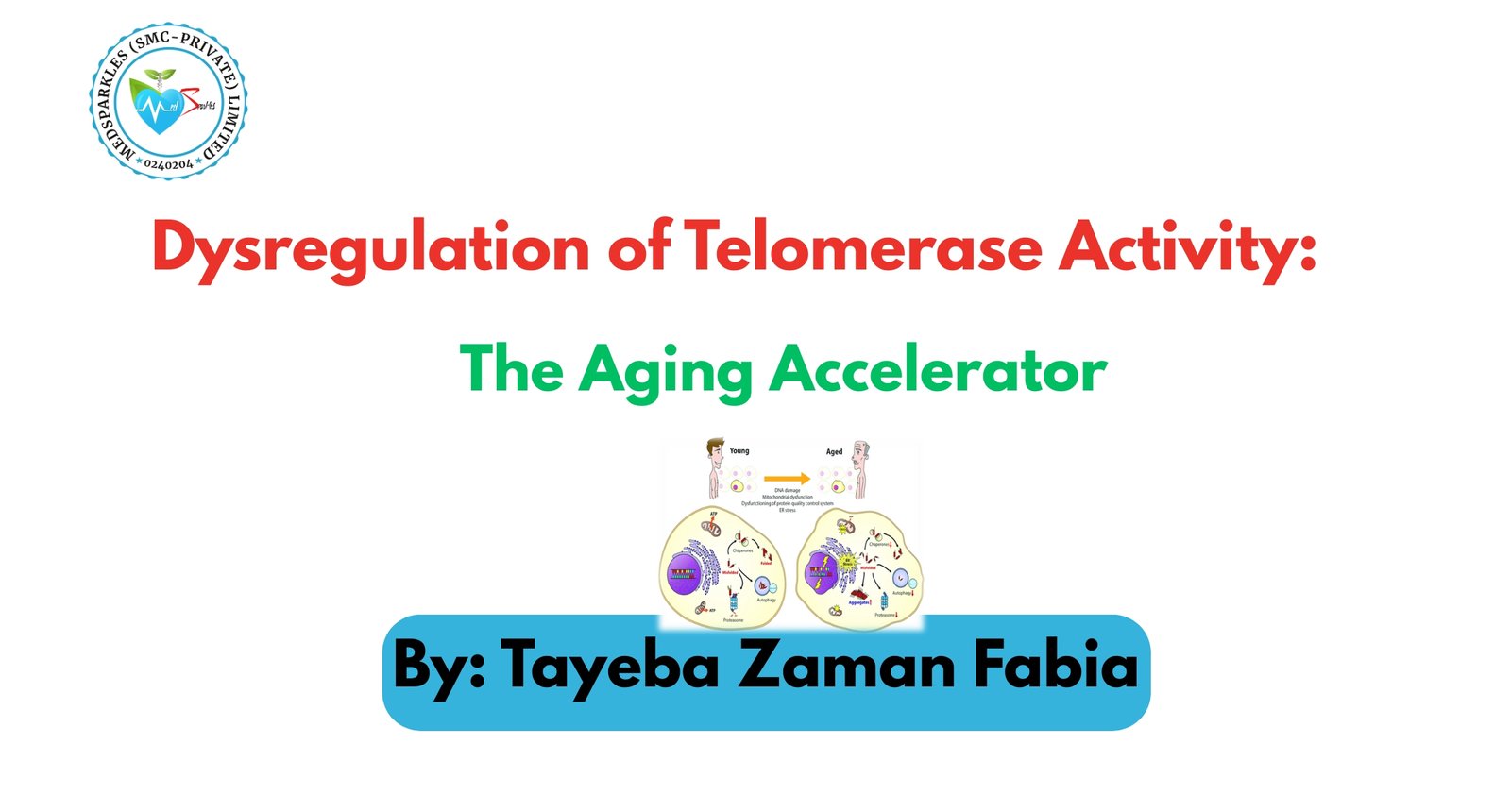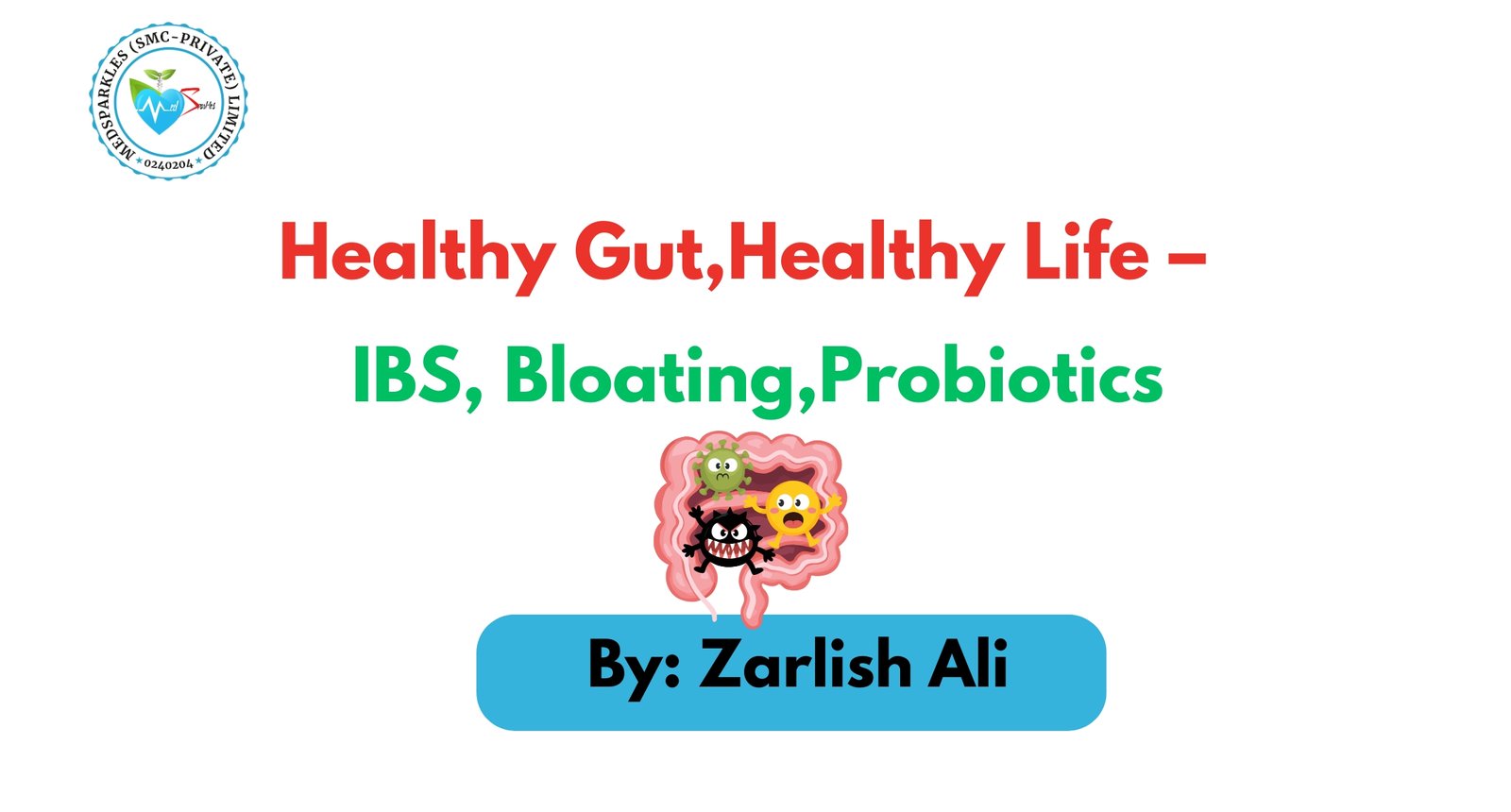Preventive healthcare is a proactive and anticipatory approach to maintaining and enhancing health by preventing the onset or progression of diseases and health conditions. Instead of waiting for symptoms to manifest, preventive healthcare focuses on identifying and addressing potential health risks before they become significant issues. The core principle is to promote overall well-being and longevity through early detection, lifestyle modifications, vaccinations, and routine health check-ups.
Preventive healthcare aims to reduce the burden of diseases, enhance quality of life, and contribute to the sustainability of healthcare systems by mitigating the economic and social costs associated with illness. It empowers individuals to actively participate in their health management and promotes a culture of wellness, resilience, and longevity.
Medical Tests & Healthcare Checks:
Medical tests play a crucial role in early detection and prevention. Early detection allows for timely intervention, reducing disease progression and improving treatment success rates. Preventive healthcare, facilitated by medical tests, shifts the focus from reactive to proactive care, yielding cost-efficiency and enhancing overall quality of life. Preventive measures empower individuals to lead healthier lives, minimizing the economic burden associated with advanced disease management. Routine screenings, such as those for cancer and cardiovascular diseases, exemplify how early detection can lead to successful treatment outcomes. Additionally, identifying risk factors early on can prevent heart-related issues and contribute to lifestyle modifications.
Access to medical tests and preventive healthcare is key. Addressing barriers and promoting awareness about available resources ensures broader community health. Empowering individuals through information and education encourages proactive engagement in their healthcare journey, emphasizing the importance of regular health check-ups for self-care. Prioritizing routine screenings contributes to a healthier and more proactive community, fostering a culture of wellness and resilience.
The paradigm-shift from reactive to proactive care represents a transformative approach in healthcare, emphasizing the importance of preventive measures rather than merely responding to existing health issues. This shift acknowledges the power of early detection and intervention to improve health outcomes and reduce the burden on individuals and healthcare systems.
Preventive healthcare aims to identify and address health risks before symptoms manifest, and medical tests play a pivotal role in enabling this proactive care approach. Here’s how:
1. Early Risk Identification:
- Medical tests can detect biomarkers, indicators, or abnormalities that may signal potential health risks.
- By analyzing these markers, healthcare professionals can identify individuals at risk of developing certain conditions, even before symptoms become apparent.
2. Screening for Asymptomatic Conditions:
- Many medical tests are designed for screening purposes, targeting conditions that may not present noticeable symptoms in their early stages.
- Routine screenings, such as mammograms, colonoscopies, and blood tests, enable the detection of abnormalities before they progress to symptomatic stages.
3. Tailored Preventive Interventions:
- Armed with early information from medical tests, healthcare providers can tailor preventive interventions for individuals at risk.
- This may include lifestyle modifications, personalized health plans, or specific interventions to mitigate identified risks.
4. Chronic Disease Management:
- For individuals with chronic conditions, regular monitoring through medical tests allows healthcare providers to manage the condition proactively.
- Adjustments to treatment plans can be made based on test results, preventing exacerbation of the condition.
5. Health Promotion and Education:
- Proactive care involves not only early detection but also promoting health and wellness.
- Medical tests serve as tools for health education, helping individuals understand their health status and empowering them to make informed choices for preventive care.
6. Cost-Efficiency:
- Proactive care, facilitated by medical tests, tends to be more cost-effective in the long run.
- Early detection and preventive measures often reduce the need for expensive treatments associated with advanced diseases.
7. Community Health and Public Health Initiatives:
- A shift to proactive care involves community-wide initiatives, such as vaccination programs and regular health campaigns.
- Public health strategies leverage medical tests to identify and address health risks on a broader scale, contributing to community well-being.






